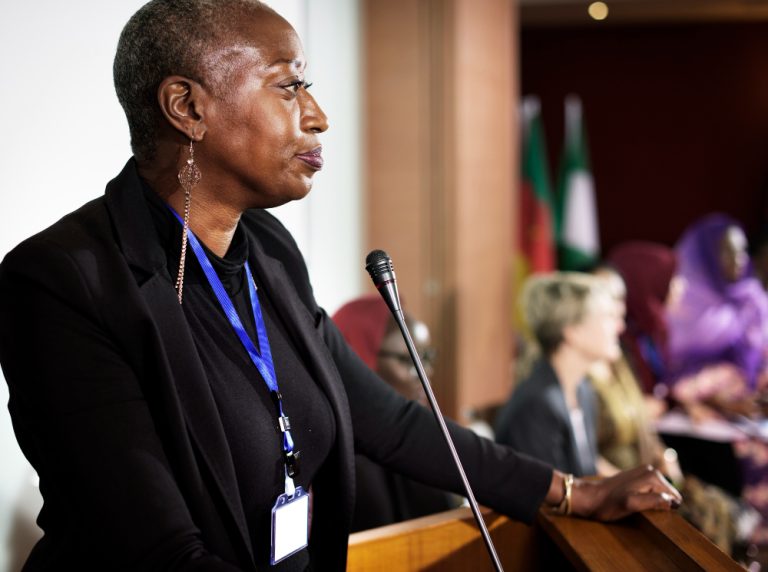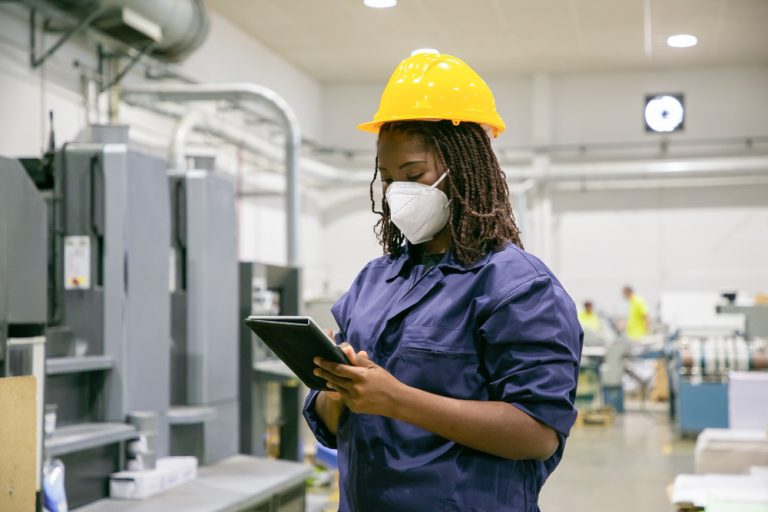Africa’s leaders, financial experts, and international partners recently came together for a three-day AU Conference focused on one big issue: debt. But this wasn’t just another meeting. It was a chance for the continent to speak with one voice, share ideas, and chart a way forward that puts Africa’s needs and realities at the center of the global financial conversation.
Opening the event, President Faure Gnassingbé of Togo didn’t hold back. He called Africa’s debt situation a deep-rooted challenge that needs more than numbers and spreadsheets. “We have to ask ourselves—what does sustainable debt really mean in Africa?” he said. “We can’t ignore the fact that many countries are juggling debt repayments while also trying to meet essential needs like healthcare, education, and security.”
Zambia’s President Hakainde Hichilema chimed in via video, stressing that good governance and transparency are key to winning back investor confidence. “It’s time for Africa to have a stronger voice in global financial decisions,” he urged. “Our economies are unique—we need solutions that reflect that.”
Ghana’s former President John Dramani Mahama agreed, pointing out that the current credit rating systems don’t always give Africa a fair shake. “They often overlook the real progress we’re making,” he said. “We need a system that sees our potential—not just our past volatility.”
From the AU Commission, H.E. Moses Vilakati emphasized why this moment matters. “This conference gives us the chance to agree on a shared African position on debt,” he said. “We must strengthen how we manage debt, be transparent, and make sure every shilling borrowed drives inclusive and long-term development.”
Getting into the details
The conference agenda was packed with lively panels and deep discussions. One key session looked at “Africa’s Public Debt Management Agenda,” exploring how countries can stay afloat despite limited market access and rising costs of borrowing. The takeaway? We need urgent liquidity support and smart investments that fit Africa’s long-term vision—Agenda 2063.
Another session raised a tough question: Is the G20 Common Framework working for Africa? Drawing lessons from past efforts like HIPC and the DSSI, many participants argued for a tailor-made African solution that truly fits today’s challenges.
Experts also dug into domestic debt trends. Post-pandemic borrowing is up, and there’s growing pressure for better oversight, tighter spending habits, and stronger institutions to manage it all.
Read also: Africa to build its own credit rating system
Parliament, credit Ratings, and fresh finance ideas
Lawmakers and governance experts took the stage to talk about the vital role of parliaments. Their message? Debt shouldn’t be a secret. Legislators must play their part in approving loans, demanding transparency, and holding governments accountable.
Another standout conversation centered on credit ratings. Many African leaders feel the current global system is biased and outdated. They’re excited about the upcoming African Credit Rating Agency, which could help tell Africa’s real financial story and boost investor confidence.
The conference also featured some fresh thinking on how to close the continent’s $200 billion annual development financing gap. From green bonds to blended finance models, the session on “Innovative Debt Financing” offered plenty of hope and practical ideas.
Looking Inward and Ahead
There was also a spotlight on Africa’s own institutions, like the African Monetary Fund, African Central Bank, and African Investment Bank. These are key pieces in the puzzle of strengthening regional financial stability and giving Africa more control over its economic future.
Conversations on “Debt Transparency and Accountability” highlighted how essential clear, accessible debt data is—and the role civil society can play in keeping things on track.
As the conference wraps up, the focus shifts to building capacity and strengthening partnerships. How can multilateral institutions, donors, and African governments work together to grow strong debt management systems across the continent?
Throughout the event, one thing was clear: Africa is ready. Ready to reform, ready to lead, and ready to build financial systems that support real, lasting development. The ideas, calls for fairness, and energy shared at the conference set a strong foundation for what’s next.
Explore
📄 AU Debt Conference Declaration














